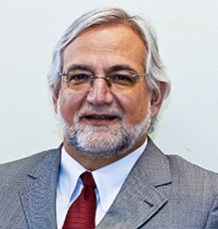
“Gay Advocates Can Shift Same-Sex Marriage Views,” read the New York Times headline. “Doorstep visits change attitudes on gay marriage,” declared the Los Angeles Times. “Cure Homophobia With This One Weird Trick!” Slate spouted.
Driving those headlines was a December 2014 study in Science, by Michael J. LaCour, then a Ph.D. student at the University of California, Los Angeles, and Donald Green, a professor at Columbia University.
Researchers praised the “buzzy new study,” as Slate called it at the time, for its robust effects and impressive results. The key finding: A brief conversation with a gay door-to-door canvasser could change the mind of someone opposed to same-sex marriage.
By the time the study was published, David Broockman, then a graduate student at the University of California, Berkeley, had already seen LaCour’s results and was keen to pursue his own version of it. He and fellow graduate student Joshua Kalla had collaborated before and wanted to look more closely at the impact canvassing could have on elections. But as the pair deconstructed LaCour’s study to figure out how to replicate it, they hit several curious stumbling blocks. And when they got a hold of LaCour’s dataset, or replication package, they quickly realized the results weren’t adding up.
Continue reading 10 years after the downfall of a same-sex marriage canvassing study, tenure, some better practices — and an engagement




